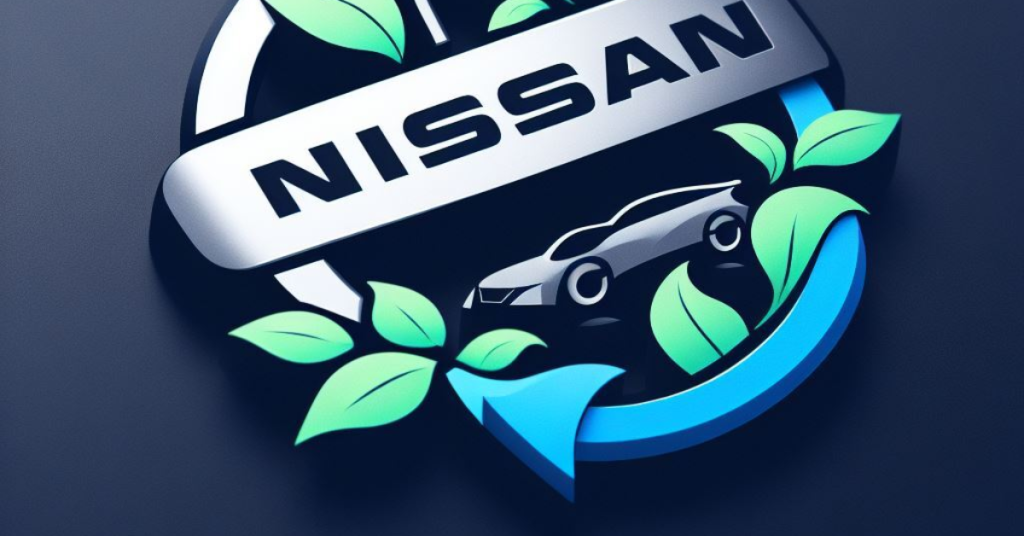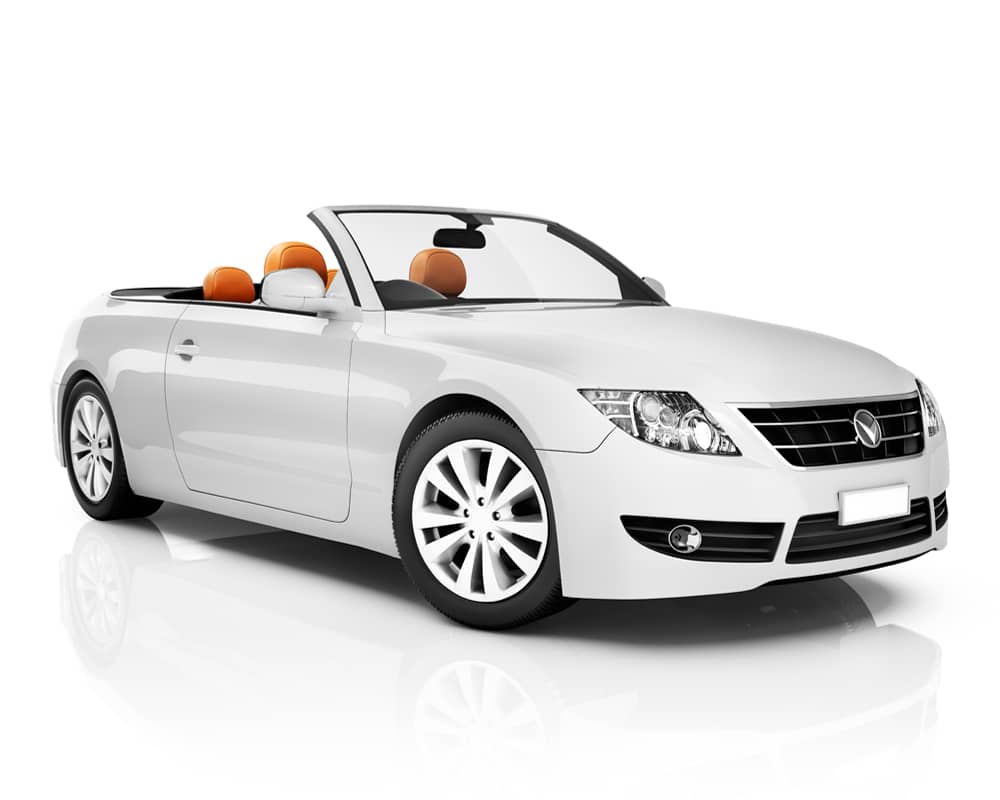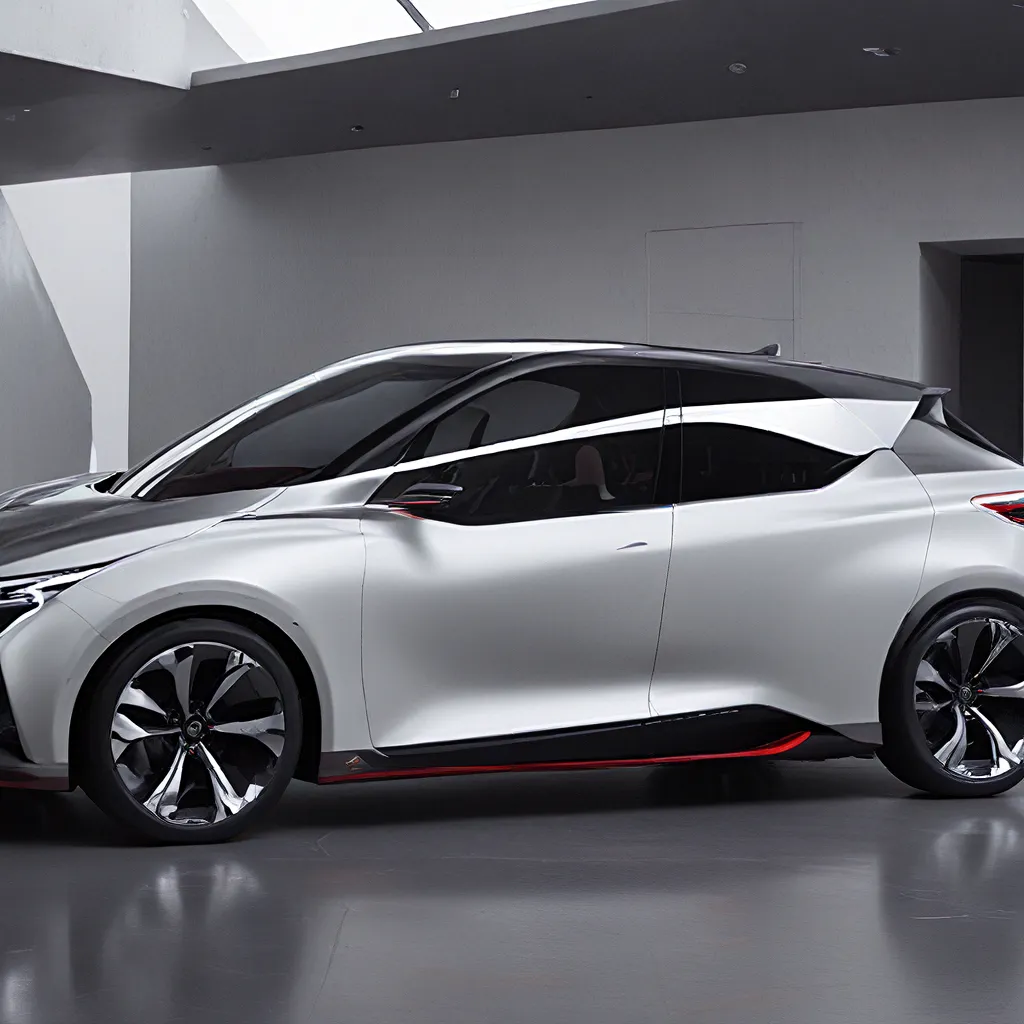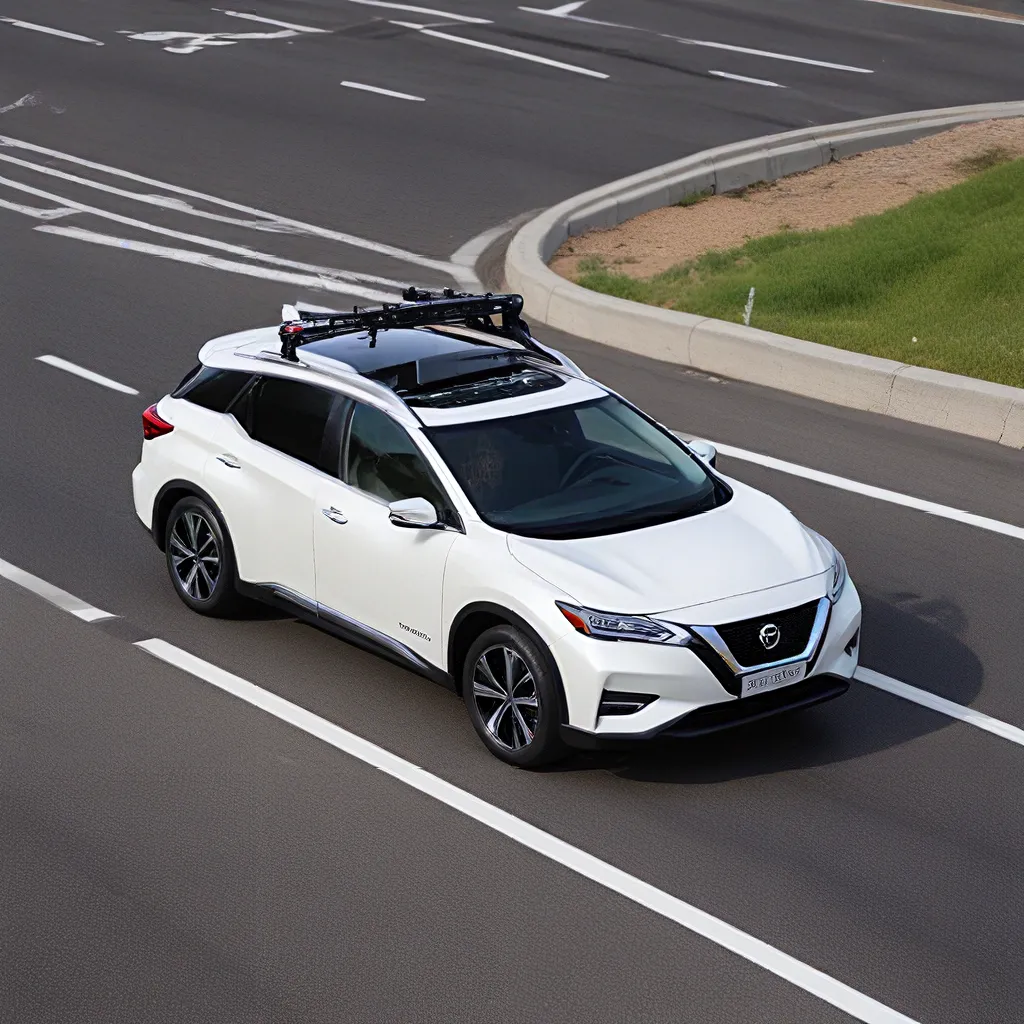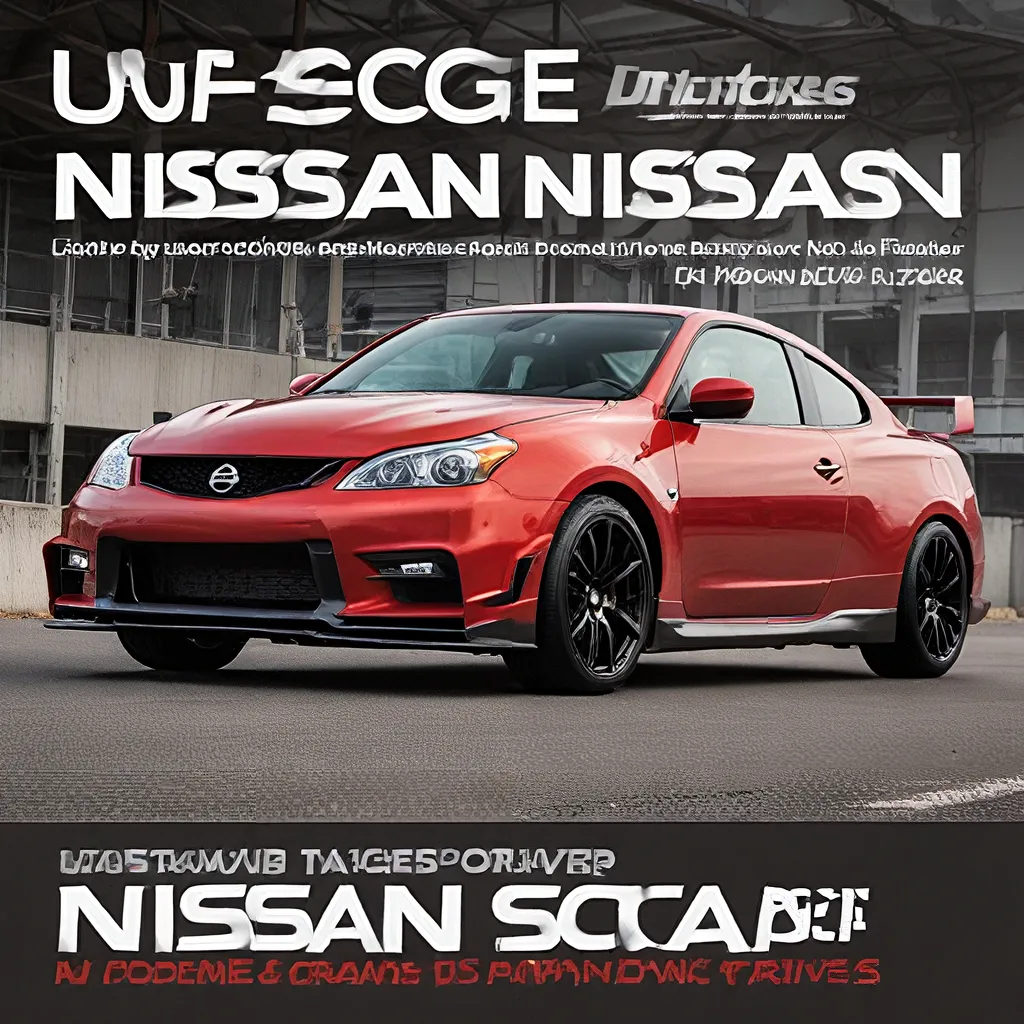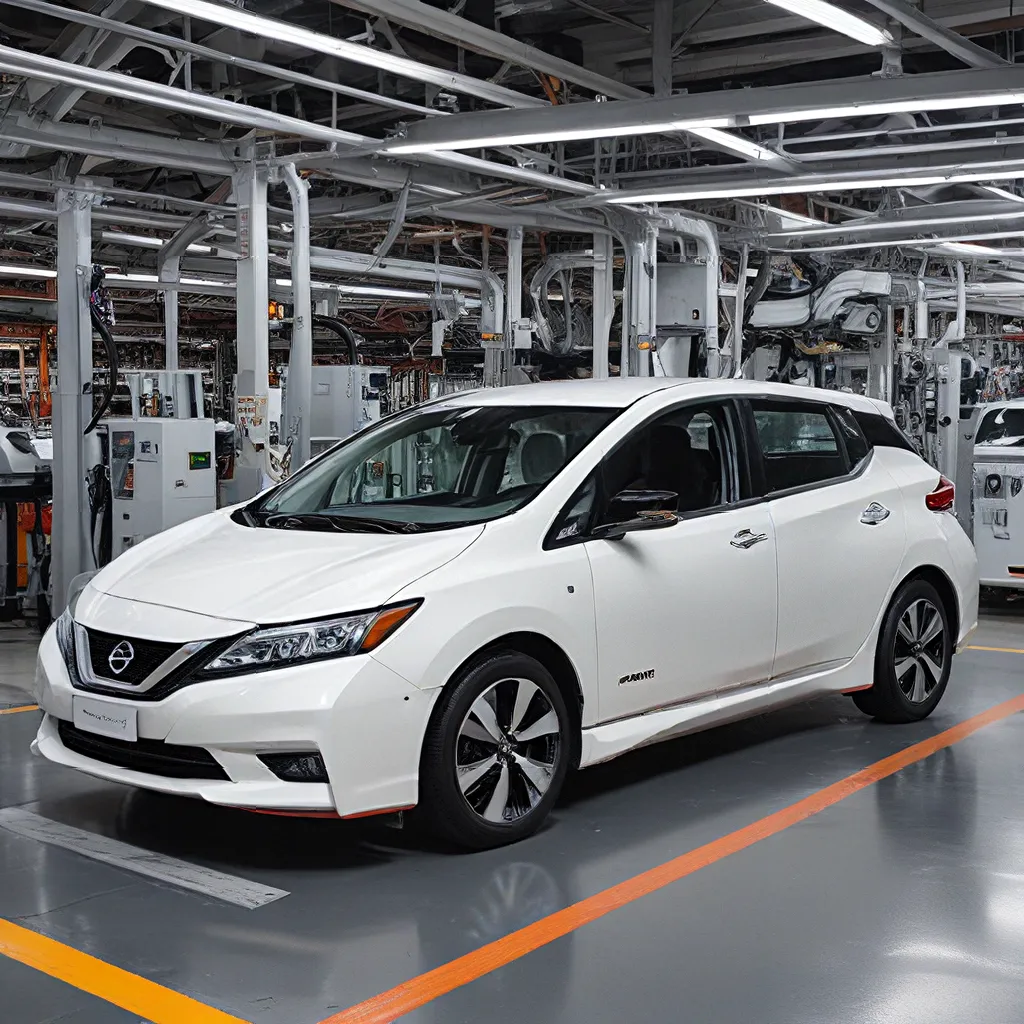
Powering the Future, Sustainably
As I rev up my Nissan Leaf and hear the gentle hum of the electric motor, I can’t help but marvel at the technological marvel under the hood. But as an environmentally conscious gearhead, I’m equally fascinated by what lies beneath the battery pack – a story of innovation, circularity, and Nissan’s relentless pursuit of sustainable mobility.
You see, Nissan’s battery recycling program isn’t just about extending the life of their electric vehicles (EVs); it’s about closing the loop and creating a truly sustainable EV ecosystem. And let me tell you, this is no small feat. It’s a complex challenge that requires vision, collaboration, and a whole lot of scientific wizardry.
Tackling the Battery Conundrum
Picture this – you’ve just traded in your trusty gas-guzzler for a shiny new Nissan Leaf, all giddy about joining the EV revolution. But then the nagging question pops up: “What happens to the battery when it reaches the end of its life?”
It’s a valid concern, and one that the automotive industry has grappled with for years. After all, these lithium-ion batteries aren’t exactly like your run-of-the-mill AA’s – they’re powerhouses packed with precious metals like lithium, cobalt, and nickel. And when they’re no longer fit for powering your car, they need to be properly handled to avoid environmental damage.
But Nissan has a plan, and it’s a game-changer. By partnering with innovative companies like Altilium and Connected Energy, they’re revolutionizing the way EV batteries are managed and repurposed.
A Sustainable Ecosystem for EV Batteries
Nissan’s battery recycling program is not just about collecting and processing old batteries – it’s about creating a closed-loop system that minimizes environmental impact and maximizes resource efficiency. Think of it as a high-tech version of the “reduce, reuse, recycle” mantra we all know so well.
Here’s how it works: when Nissan Leaf batteries reach the end of their useful life in the vehicle, they don’t just get tossed into a landfill. Instead, they’re carefully collected and sent to Altilium’s state-of-the-art recycling facilities, where the real magic happens.
Using their proprietary EcoCathode process, Altilium can recover over 95% of the precious metals in the batteries, including lithium, cobalt, and nickel. And get this – they don’t just recycle these materials, they upcycle them, turning them into high-quality cathode active materials (CAM) that can be seamlessly integrated into the next generation of EV batteries.
Closing the Loop: From Waste to Watts
But the sustainability story doesn’t end there. Nissan has also teamed up with Connected Energy, a leader in second-life battery energy storage solutions, to give those old Leaf batteries a new lease on life.
Imagine a world where your retired EV battery doesn’t just end up in a scrapyard, but instead becomes a crucial component of a renewable energy storage system. That’s exactly what Connected Energy is doing, repurposing those battery packs to store energy from solar panels or wind turbines, helping to balance the grid and reduce our reliance on fossil fuels.
It’s a circular economy in action, where waste becomes a valuable resource, and sustainability is baked into every step of the process. And the best part? Nissan is leading the charge, driving innovation and collaboration to make this vision a reality.
A Sustainable Future, Made in the UK
But Nissan’s battery recycling program isn’t just about making a difference globally – it’s also about strengthening the UK’s domestic EV supply chain. The company’s partnership with Altilium, which is headquartered in the UK, is part of a £30 million collaborative project supported by the Advanced Propulsion Centre (APC).
This government-backed initiative is not only focused on advancing EV battery recycling and reuse technology, but also on reducing the carbon footprint of new batteries and reducing reliance on imported raw materials.
By upcycling the recovered materials from Nissan Leaf batteries, Altilium aims to cut the carbon footprint of CAM by 50% and the cost by 20% compared to virgin-mined materials. And with plans to build the UK’s first industrial-scale recycling plant in Teesside, they’re poised to produce enough CAM to meet 20% of the UK’s expected battery material needs by 2030.
The Road to a Greener Future
As I pull into my driveway, I can’t help but feel a sense of pride and optimism. Nissan’s battery recycling program isn’t just about protecting the environment – it’s about redefining the future of mobility, one that’s built on sustainability, circularity, and a deep commitment to reducing our carbon footprint.
Sure, the road ahead may be long and winding, but with innovative companies like Nissan and Altilium leading the charge, I have no doubt that we’ll get there. After all, when it comes to the future of electric vehicles, the power is in our hands – and Nissan is making sure that power is as green as it can be.
So, the next time you take a spin in your Nissan Leaf, remember that you’re not just driving a car – you’re part of a movement that’s transforming the automotive industry and paving the way for a more sustainable tomorrow. And that, my friends, is a pretty darn good reason to hit the road.
